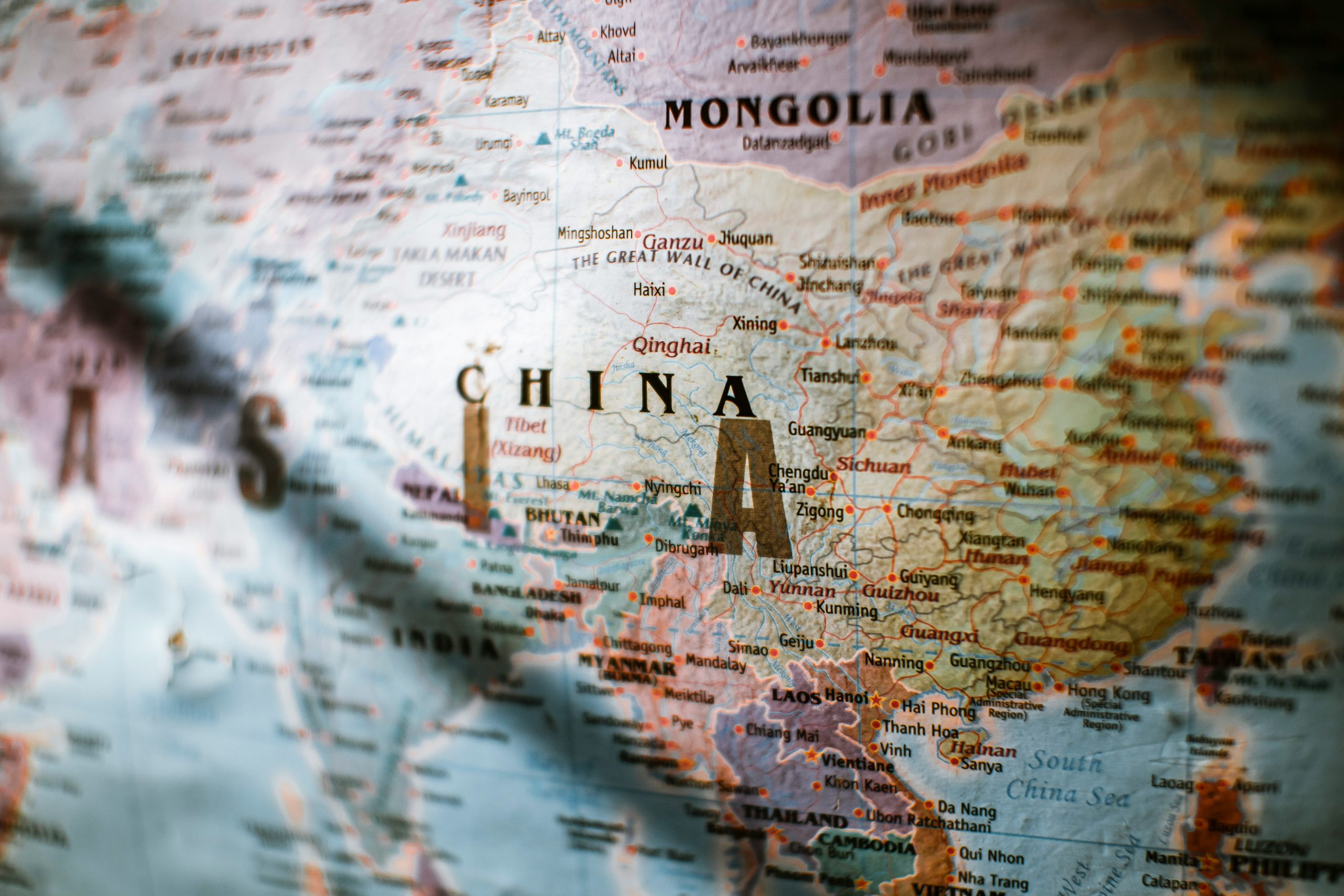Image: Unsplash

UN experts: Surge in transnational repression targeting defenders from China, Southeast Asia
UN experts report at least 150 defenders, dissidents, members of marginalised groups, and family members targeted by violence, refoulement, legal harassment, and intimidation in cases linked to China and several Southeast Asian States.
UN Special Procedures experts warn of an escalating wave of transnational repression by or linked to authorities in China and several Southeast Asian countries.
In joint communications to China, Cambodia, Laos, Malaysia, Thailand, Vietnam, and the Association of Southeast Asian Nations (ASEAN), they detail at least 150 cases in which human rights defenders, dissidents, members of marginalised groups, and their family members were subjected to violence, refoulement, harassment, and intimidation by States or their proxies outside their territories.
As ASEAN marks the 13th anniversary of its Human Rights Declaration in November 2025, the documented cross‑border abuses highlight a widening gap between commitments and practice.
The experts warned of a ‘surge in human rights violations of a transnational nature’ across the region and recalled that States have an obligation to prevent violations by foreign States in their territories.
Patterns of repression include:
- Physical attacks, assassinations, and enforced disappearances: At least nine political exiles from Thailand, Cambodia and Laos have been assassinated or forcibly disappeared in neighbouring countries. Cases cited include the killing of Cambodian opposition figure Lim Kim Ya in Thailand, and the enforced disappearances of Thai dissidents Wanchalearm Satsaksit in Cambodia and Surachai Darnwattananusorn in Laos.
- Refugees and dissents refouled: In violation of the principle of non-refoulement, authorities have forcibly returned refugees and asylum seekers to places where they face persecution. Thailand returned 40 Uyghur men to China after nearly 11 years in detention, and seven United Nations High Commissioner for Refugees (UNHCR)‑recognised Cambodian opposition activists and family members to Cambodia. Laos returned Chinese human rights lawyer Lu Siwei to China, and Malaysia returned Thai dissident and asylum seeker Praphan Pipithnamporn to Thailand. Both were subsequently imprisoned.
- Legal harassment: Hong Kong authorities issued National Security Law arrest warrants and HKD 1 million (approximately USD 128,000) bounties for at least eight overseas activists in exile, including Anna Kwok, Carmen Lau, Ted Hui, Frances Hui, and Chloe Cheung. Vietnam further criminalised civil society by designating Montagnards Stand for Justice and Boat People SOS as terrorist entities.
- Surveillance and intimidation: In the United Kingdom, associates of Hong Kong activist Carmen Lau received flyers urging them to report her to Hong Kong authorities or bring her to the Chinese Embassy, citing the bounty on her head. In Thailand, a Vietnamese security delegation, accompanied by Thai police, reportedly entered refugee communities near Bangkok to pressure Montagnard refugees to return to Vietnam.
- Retaliation against families: As Hong Kong activists such as Anna Kwok, Carmen Lau, and Ted Hui continued their advocacy overseas, their relatives in Hong Kong were interrogated, arrested, or publicly shamed in state media. In Cambodia, the father of France‑based activist Sorn Dara was imprisoned on fabricated charges.
OHCHR warnings and guidance
In his March 2025 global update to the Human Rights Council, High Commissioner Volker Türk warned of a growing pattern of abductions, disappearances, and killings in mainland Southeast Asia. He called for a zero‑tolerance approach to extra‑legal transfers and abductions, credible accountability for perpetrators, and consistent adherence to the principle of non-refoulement.
Building on that warning, in June 2025, the Office of the UN High Commissioner for Human Rights (OHCHR) issued a brief clarifying the scope of transnational repression as actions by States or their proxies to deter, silence, or punish critics abroad through violence, intimidation, abusive legal measures, or digital threats. It also urges States to strengthen awareness, protection mechanisms, accountability, and digital security.
ISHR calls for international accountability
To date, none of the six governments nor ASEAN addressed by the UN experts has provided a substantive response to the communications.
ISHR echoes the High Commissioner’s call, urging the governments concerned – especially Human Rights Council members China, Thailand, and Vietnam – to uphold their human rights obligations, notably the absolute prohibitions on refoulement and enforced disappearance. No government should return refugees or dissidents to their persecutors. All States, particularly those in ASEAN, must uphold non-refoulement, reject abusive extradition requests, and provide asylum or safe passage to those at risk.
